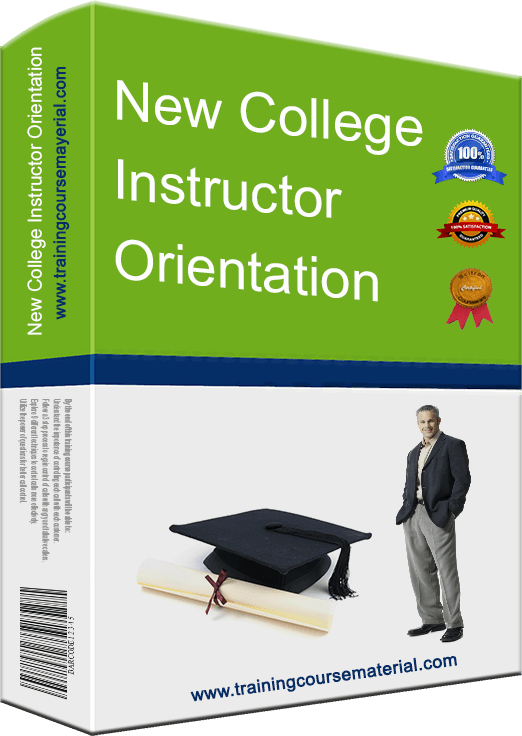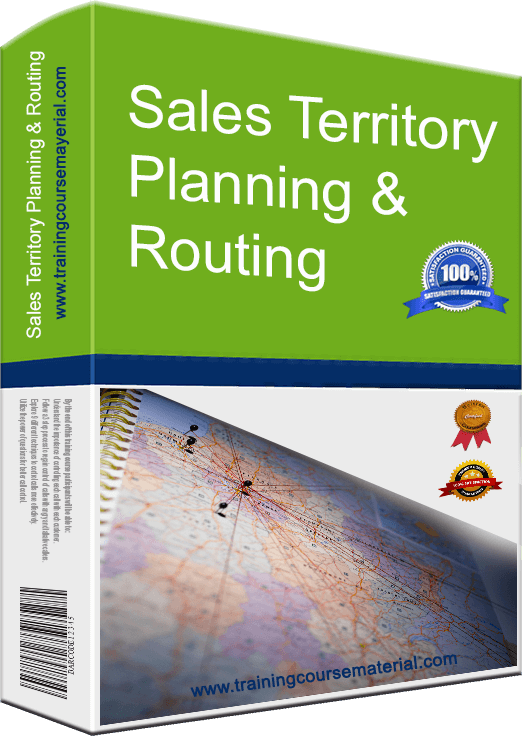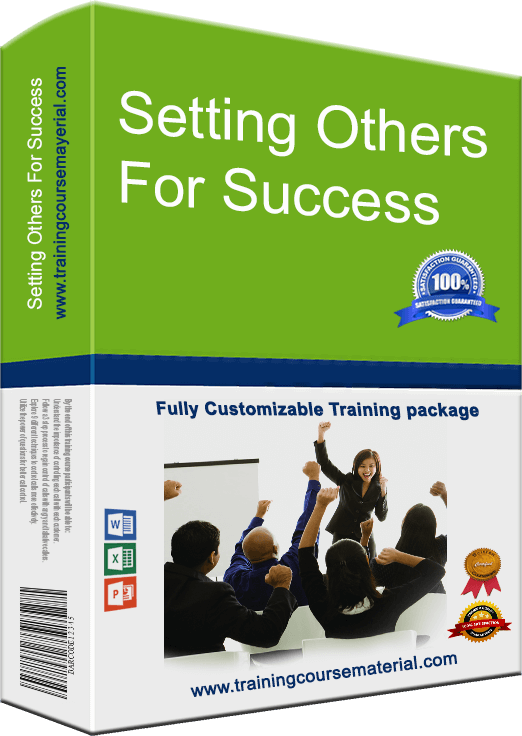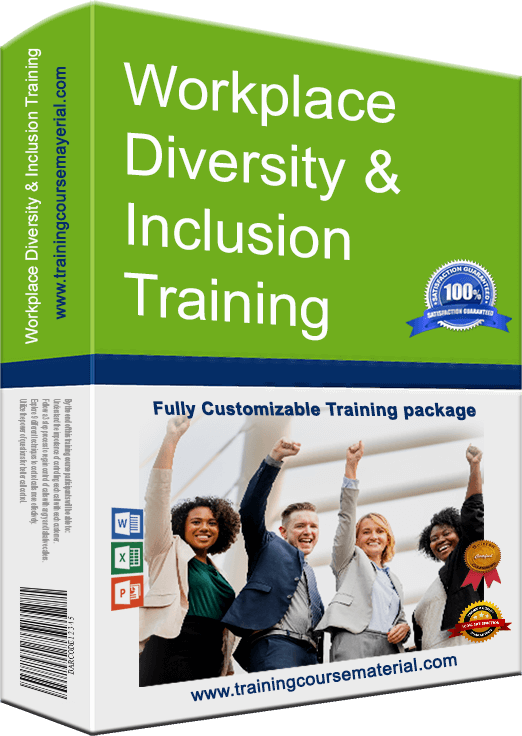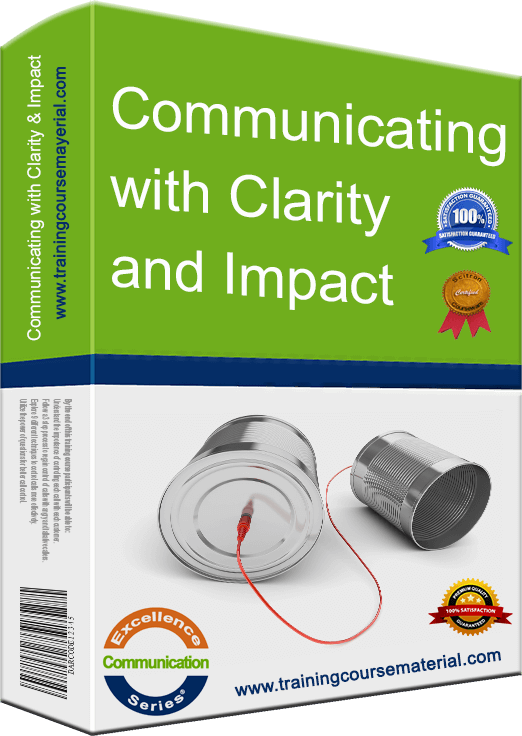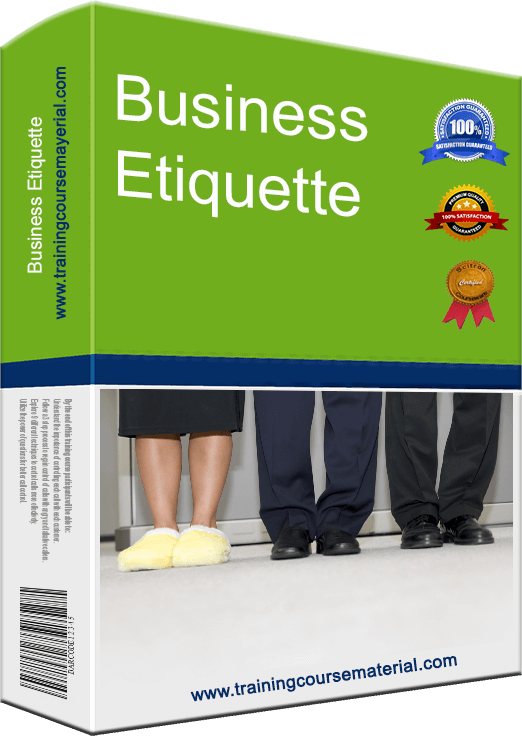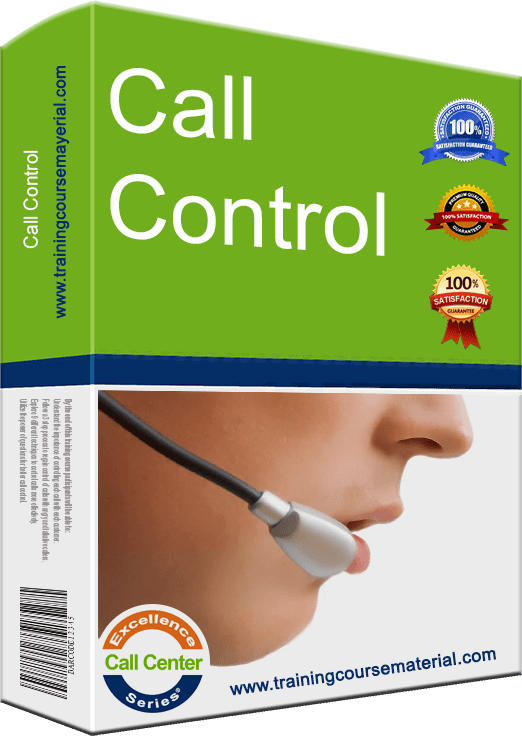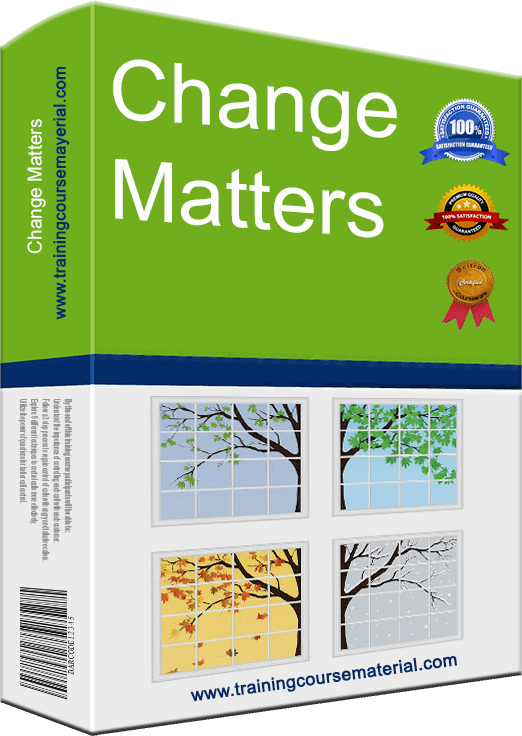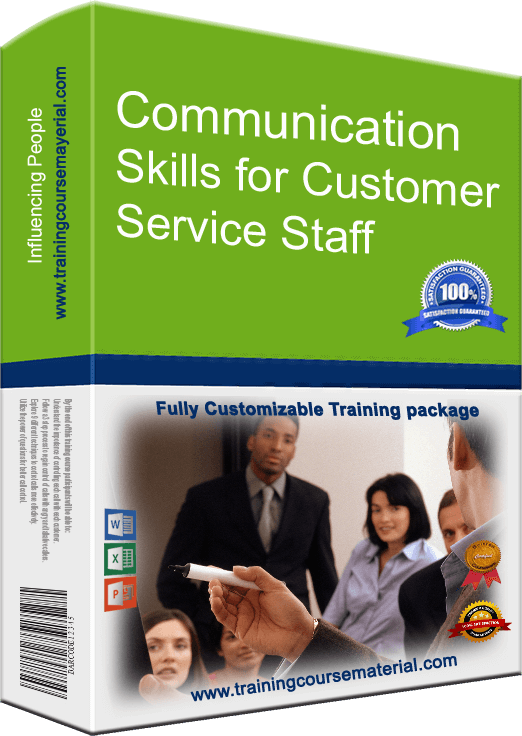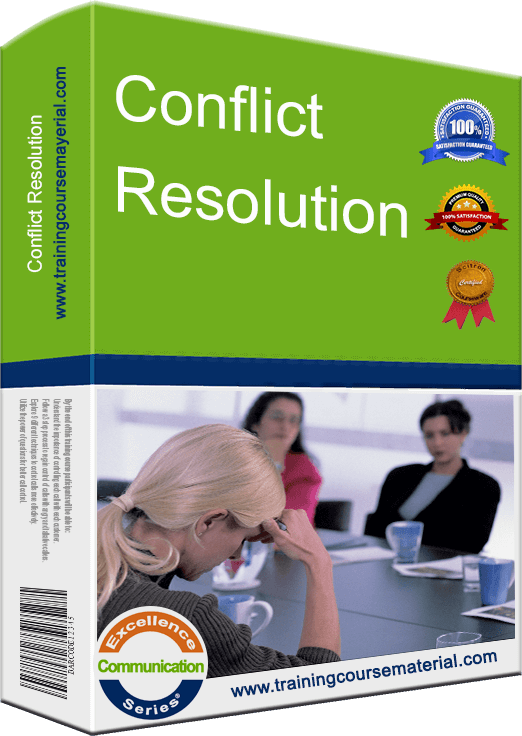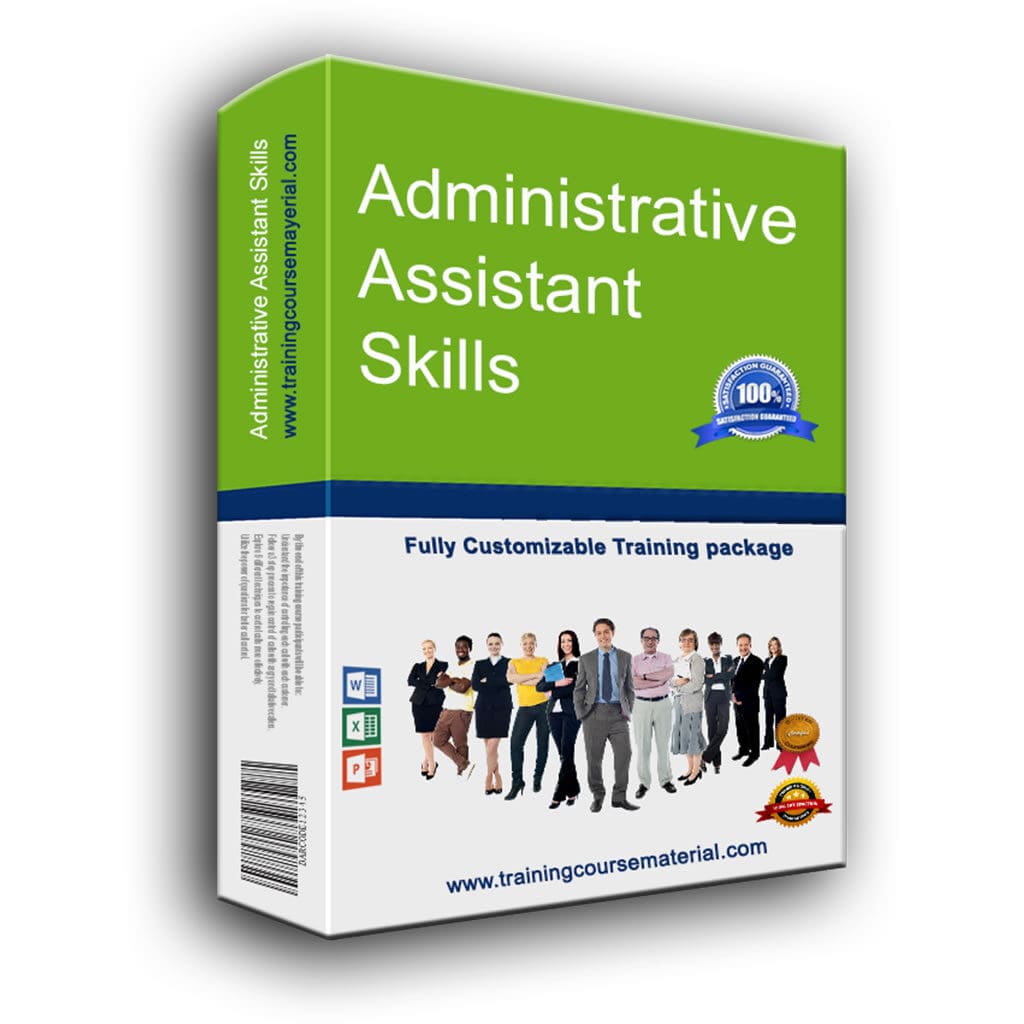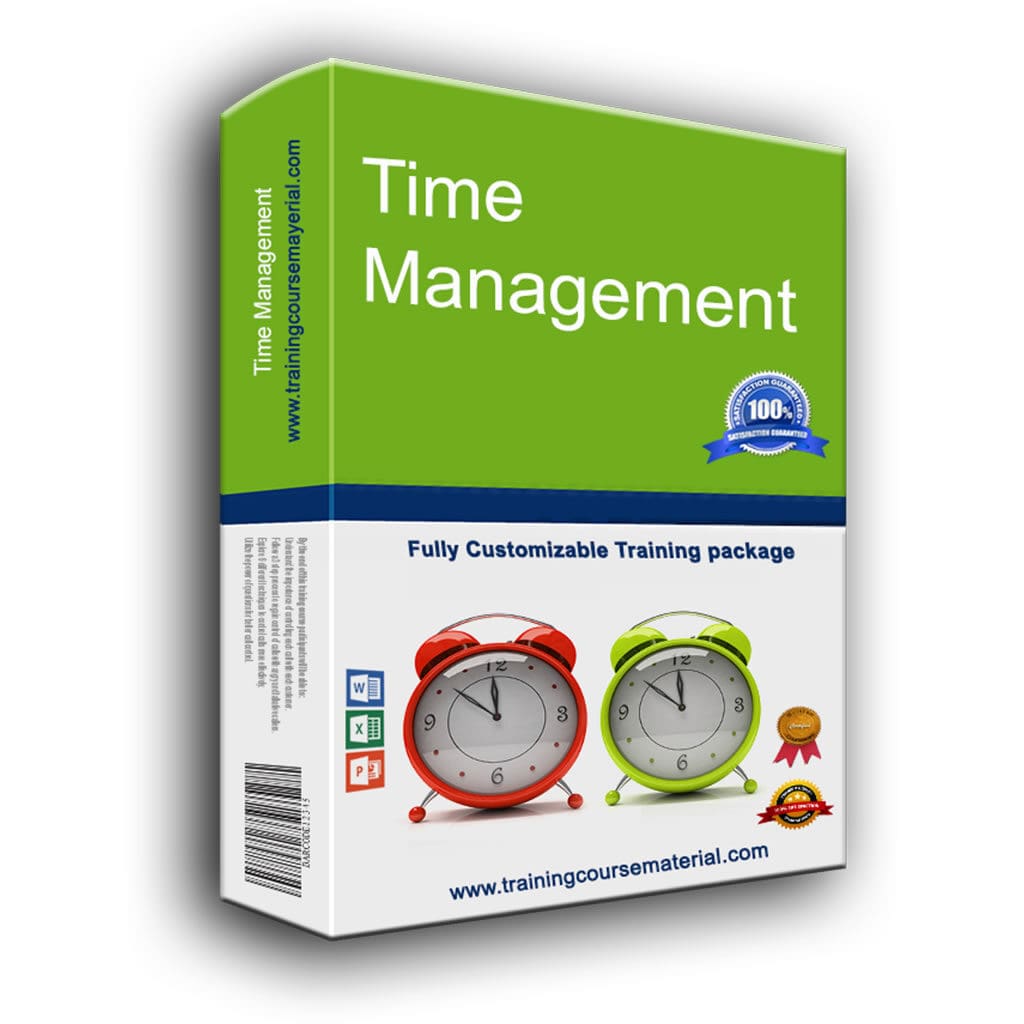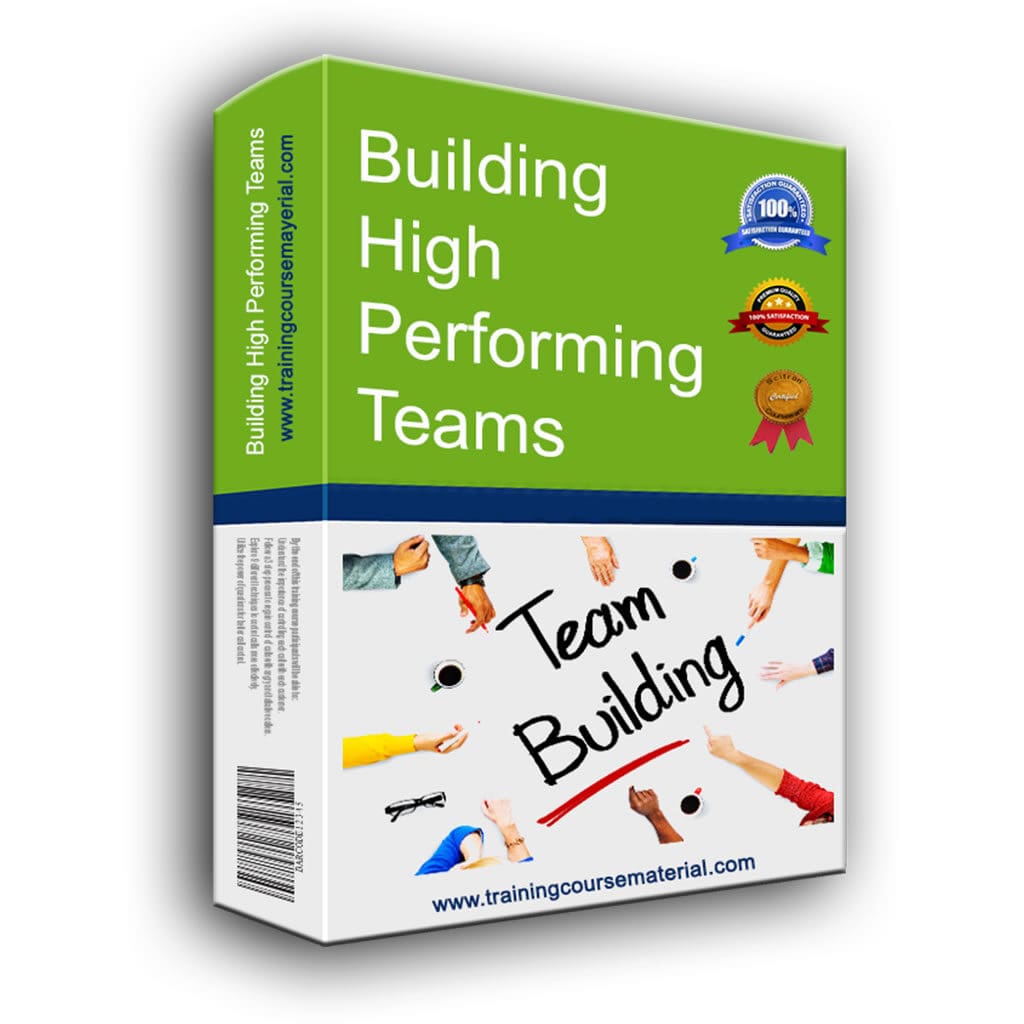Etiquette with the disabled
A good place to start treating those with disabilities with respect is the language you use. Your choice of words and the way you say them have an enormous impact on the way you interact with others. Many disability groups consider terms such as “physically challenged” patronizing:
Avoid using words such as “handicapped,” or “crippled,” to refer to those with disabilities.
Avoid using words such as “healthy” and “normal” to refer to those without disabilities.
Don’t refer to someone as “wheelchair-bound” or “confined to a wheelchair.”
Use people-first terminology. A general rule is to acknowledge the disability but always place the person first. Simple as it may sound, if you use the term “person with a disability” rather than “disabled person,”you’re off to a good start. For example, the preferred term for a person who can’t speak is “without speech” — not “mute” and never “dumb.”
Talk to everyone in a medium tone of voice. Don’t talk too loudly to anyone with a disability.
Avoid getting overly concerned about figures of speech in the presence of people with disabilities. You can say “I see what you mean!” to someone who has a visual impairment, for example, and you can invite someone who uses a wheelchair to go for a walk.
For more on business etiquette, check out our intstant download Business Etiquette training package.
Business Ethics & Etiquette Related Articles
- Proper Business introductions
- Business meals, parties and Events
- Meetings Etiquette
- Cubicle/Partition Etiquette
- Etiquette with VIP's
- Complaint Handling etiquette
- Sexual Harassment at work
- Travelling with colleagues
- Billing your company for expenses
- Romance at work
- Etiquette with the disabled
- Tactful Bill collection

34 Full Courses & 6 Mini Courses
Get all available programs
& save ...!!
Price: $4499.95 $2995.95
Great Value For Money
Read More
Are You a
Visual, Auditory or Kinaesthetic ?
How well do you
cope under
pressure?
.
Are You A
people person?
.
Forward looking, or
Stuck in a time
warp?
How content
are you?
.
How soft-centred
are you?
.
Find Out
Your Leadership
Style
How
Emotionally intelligent are You ?

|
+ | 
|
The Presenter-Trainer Package®
Train The Trainer
Presenting With Impact
Price: $359.95 $299.95
SAVE $59.95
Read More
Retail Excellence Series®
3 Complete Courseware
Packages in 1
Frontline Retail Selling Skills
Retail Sales Planning & Forecasting
Passionate Retail Experts
Price: $539.855 $349.95
Pay for 2 Get 1 Free
Read More
Sales excellence series®
3 Complete Courseware
Packages in 1
Sales Management
Professional Selling Skills
Sales Territory Planning & Routing
Price: $539.855 $349.95
Pay for 2 Get 1 Free
Read More
Call Center Excellence Series®
4 Complete Courseware
Packages in 1
Handling angry and difficult callers
Call control
Find a way to say YES!
Successful telephone debt collection
Price: $719.95 $449.95
Pay for 2 programs and Get 2 programs Free
Read More
Communication Excellence Series®
4 Complete Courseware
Packages in 1
Communicating with clarity and impact
Negotiating for results
Conflict resolution
Presenting With Impact
Price: $719.95 $449.95
Pay for 2 programs and Get 2 programs Free
Read More
Customer Service Excellence Series®
5 Complete Courseware
Packages in 1
Vision, Energy & Passion To Serve
Pathways to service excellence
Find a way to say YES!
Passionate Retail Experts
Setting others up for success
Price: $899.75 $599.95
Pay for 3 Get 2 Free
Read More
Instant Download
Training packages
Price: $199.95 $179.95
No matter who you are, we all have 168 hours each week. Your ability to best utilize those 168 hours will ultimately determine your success. Using self-discovery, hands-on activities and innovative concepts, throughout this high energy training program, participants will learn how to get better control of their time and their life in general.
Price: $199.95 $179.95
A highly engaging one-day training program packed with a plethora of fun activities and games focusing on the key characteristics of high performing teams.
Price: $199.95 $179.95
All you need
to deliver a great training!
Our training material packages come with all you need to provide
a professional and accelerated learning solution with

High Impact
Power Point Slide Deck
To support immersive learning, a high impact professionally designed power point slide deck to engage trainees at all levels.

Student
Workbook
A comprehensive reference workbook you can give out to your class participants as a quick future reference.

Trainer
Guide
With step-by-step clear directions with tips and suggestions on what to say and how to present each slide.

Activity
/Exercise Sheets
Various training material and support documents to help you both explain and debrief the different exercises, activities and games Plus a fun final Jeopardy style review game as a fun ending for your training program.

Additional
Support Documents
To ensure you have all you need to deliver a complete and professional training program, additional supporting documents are included with each full course material package. From training evaluation forms to 5 different certificate templates that you can edit and hand out to your participants at the end of your training.

Job Aids
& Forms
Specific forms designed to extend and reinforce the training that participants can utilize back on the job to help them apply the new learned concepts (Select training material packages)





